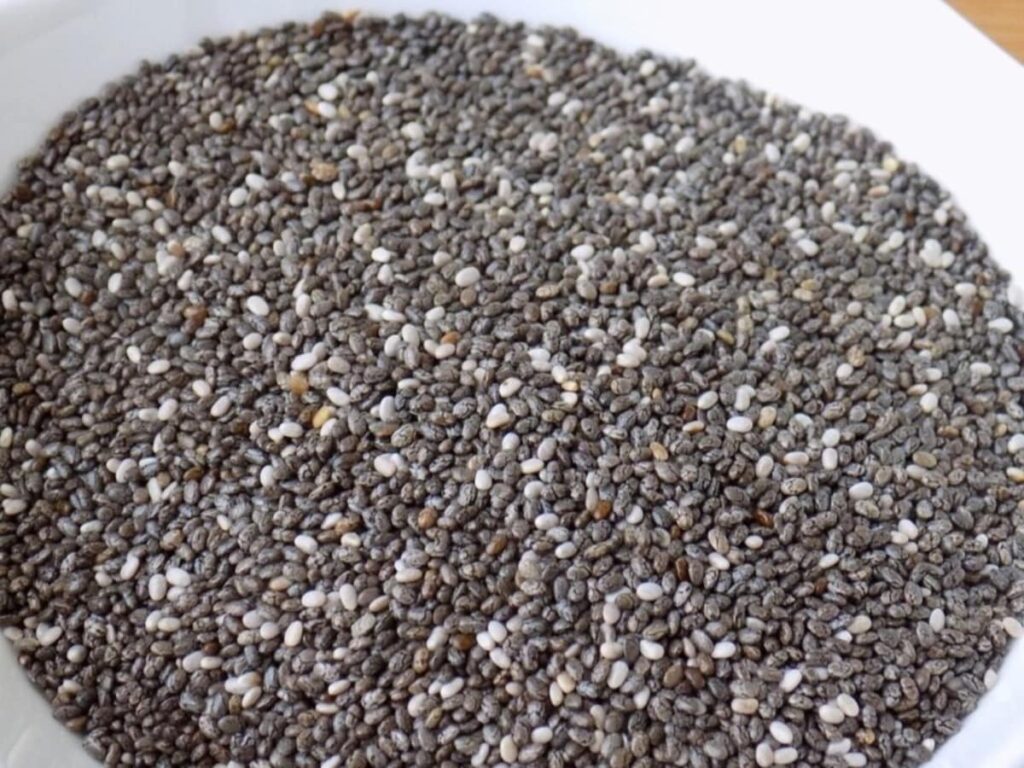Chia seeds have gained immense popularity in recent years due to their numerous health benefits. Packed with nutrients, fiber, and antioxidants, they are often hailed as a superfood. However, like many health-enhancing foods, they come with certain risks if consumed improperly. In this article, we will delve into the potential health risks associated with chia seeds and how to safely incorporate them into your diet.
Understanding Chia Seeds
Chia seeds are tiny black and white seeds derived from the Salvia hispanica plant native to Mexico. They are rich in essential nutrients such as omega-3 fatty acids, protein, fiber, and various vitamins and minerals. Their ability to absorb water and form a gel-like consistency makes them a popular ingredient in smoothies, puddings, and baked goods.
The Nutritional Profile of Chia Seeds
| Nutrient | Amount per 100g |
|---|---|
| Calories | 486 |
| Protein | 16g |
| Fat | 31g |
| Carbohydrates | 42g |
| Fiber | 34g |
| Calcium | 631mg |
Potential Health Risks of Chia Seeds
1. Gastrointestinal Issues
Due to their high fiber content, chia seeds can lead to gastrointestinal discomfort such as bloating, gas, or diarrhea if consumed in excessive amounts or without adequate hydration. It is critical to increase your intake gradually and drink plenty of water to help the seeds expand safely in your digestive system.
2. Nutritional Imbalance
Over-reliance on chia seeds can lead to an imbalanced diet. While they are nutritious, they should not replace other food sources. Ensure a varied diet to receive a balance of all essential nutrients.
3. Allergic Reactions
Some individuals might be allergic to chia seeds or may experience sensitivity after consuming them. Symptoms can include skin rashes, hives, or gastrointestinal distress. It’s advisable to consult a healthcare provider if you notice any adverse reactions after consuming chia seeds.
4. Interaction with Medications
Chia seeds can influence blood sugar levels and blood pressure. Therefore, individuals on medication for diabetes or hypertension should consult a healthcare provider before adding them to their diet, as they may interact with certain medications.
How to Safely Incorporate Chia Seeds in Your Diet
To maximize the benefits of chia seeds while minimizing risks, follow these guidelines:
- Start Slow: Introduce chia seeds slowly into your diet, beginning with just a teaspoon to allow your body to adjust.
- Stay Hydrated: Always consume chia seeds with plenty of water or in liquid dishes to prevent choking or digestive discomfort.
- Diverse Diet: Use chia seeds as a supplement to a well-rounded diet that includes a variety of fruits, vegetables, proteins, and grains.
- Consult Professionals: Speak with a healthcare provider or nutritionist, especially if you have existing health conditions or take medication.
Conclusion
Chia seeds can offer a wealth of health benefits, but it is essential to consume them mindfully to avoid potential risks. By incorporating them correctly into a balanced diet, you can enjoy their positive effects while safeguarding your health. Always remember to consult with a healthcare professional if you have concerns or experience adverse effects. This way, you can reap the rewards of this superfood without falling victim to its pitfalls.
